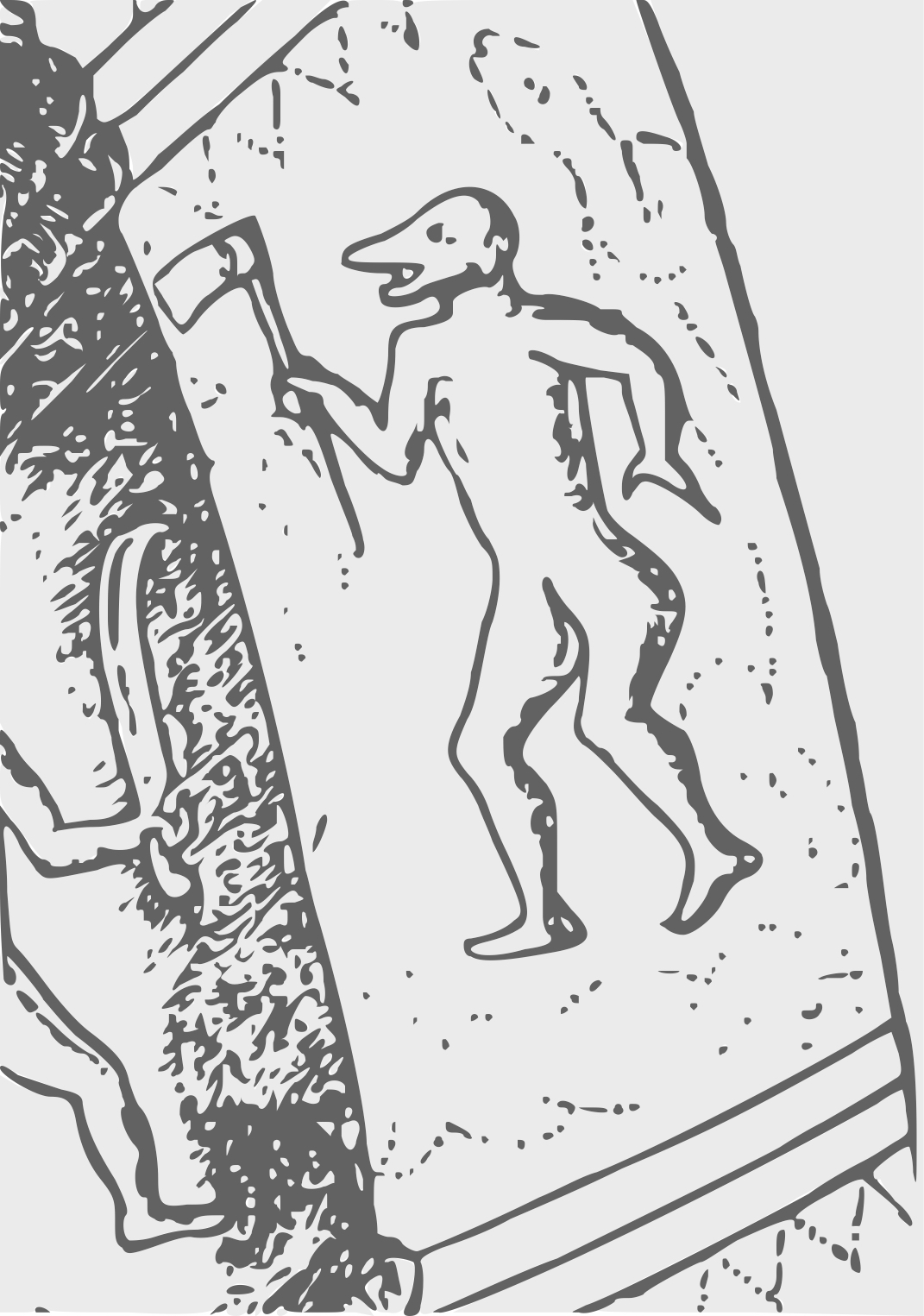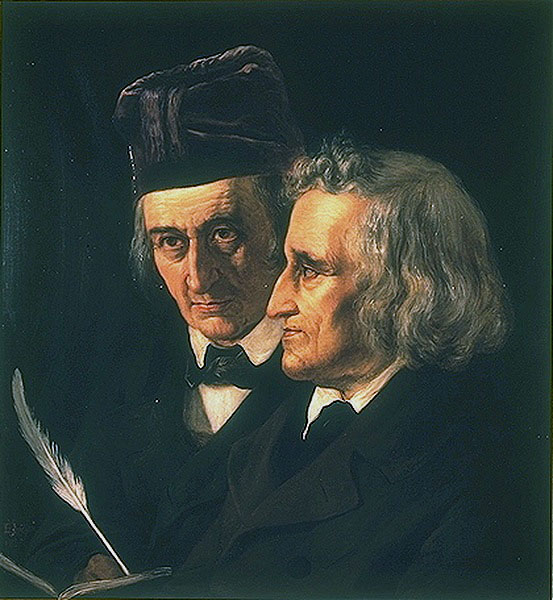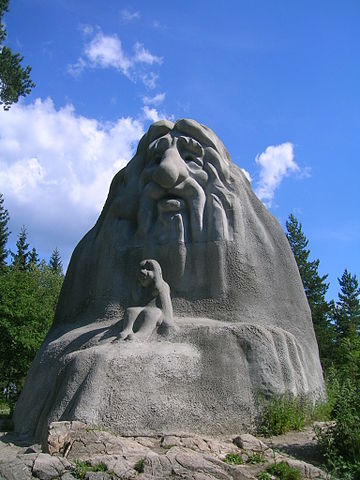New KSD entry: "Symbols Used by Nazi Germany, Neo-Nazis, and/or Far-Right Extremists"
While the Mimisbrunnr.info project primarily focuses on approaching the historic record associated with ancient speakers of Germanic languages, we now and then also touch on modern topics, including contemporary symbols inspired by the ancient Germanic record. In this entry, we take a hard look at symbols used (or mistakenly thought to have been used) by Nazi Germany and related contemporary groups.

Godshapes I: Hœnir, Bird-God?
Our first Godshapes entry focuses on a lesser known figure, one of the most difficult figures in the corpus to conceptualize: a god by the name of Hœnir. Hœnir’s case is a curious one. In the body of Old Norse narratives that come down to us today, the god generally lurks in the shadows, a quiet companion to other gods. While the record strongly implies that Hœnir was an important figure, what we are told seems cryptic and obtuse and lacks the clarity to confidently place his characteristics in context.

Happy Birthday, Jacob Grimm
On this day in 1785, Jacob Grimm was born in Hanau, Germany. While today Jacob and his brother Wilhelm are best known for the highly successful—and widely varying—editions of their folktale retellings, their work played a crucial role in the development of a variety of academic fields, ranging from folkloristics to philology and well beyond.

POPULAR RESONANCES: JULY AND AUGUST 2016
This marks the third installment of JH Roberts's regular column Popular Resonances. Popular Resonances examines references to ancient Germanic culture and Germanic mythology in modern popular culture as it happens. For more information on the feature, please see Roberts's introductory post here. This installment includes Thor: Ragnarok, Jotun: Valhalla Edition, Great Whale Road game, The Creepy Case Files of Margo Maloo, and much more.

Six Questions VII: Odinson
In the seventh interview of Mimisbrunnr.info's Six Questions series, we interview Odinson, an American strength athlete and professional wrestler inspired by Germanic and Norse mythology. Odinson's character is a mixture of traditional, Marvel, and Mad Max: Fury Road Norse elements.
Throwback Thursday: American Gods, a Novel by Neil Gaiman

